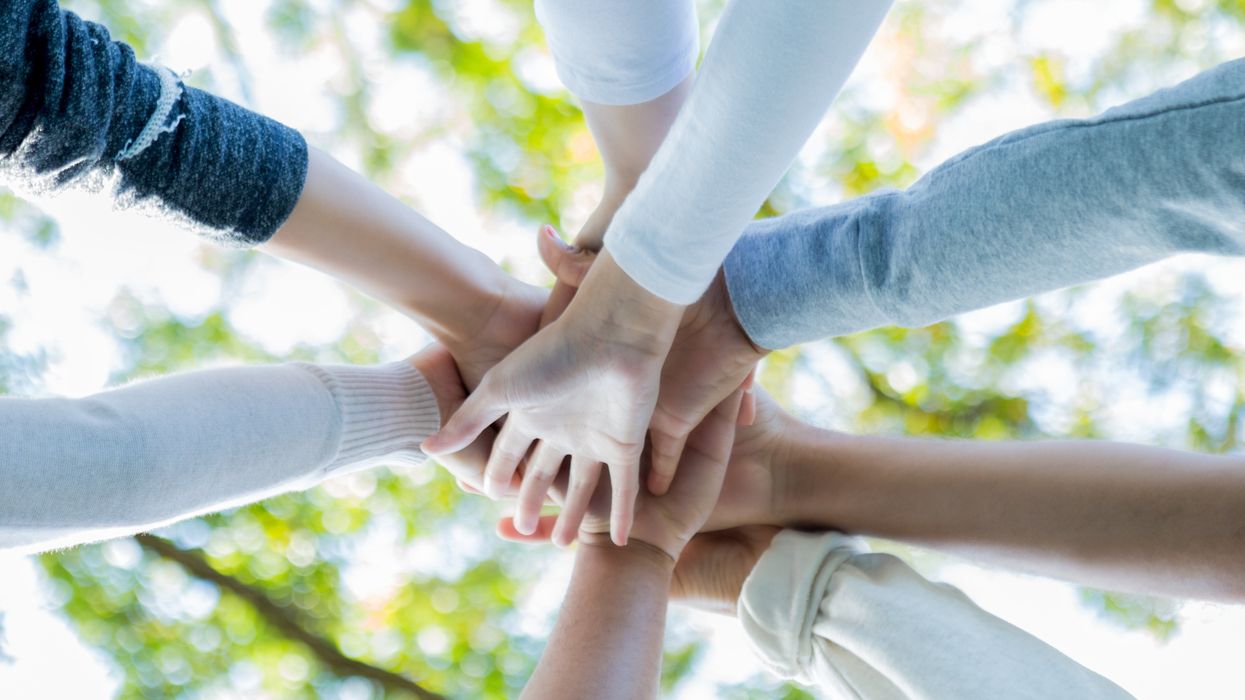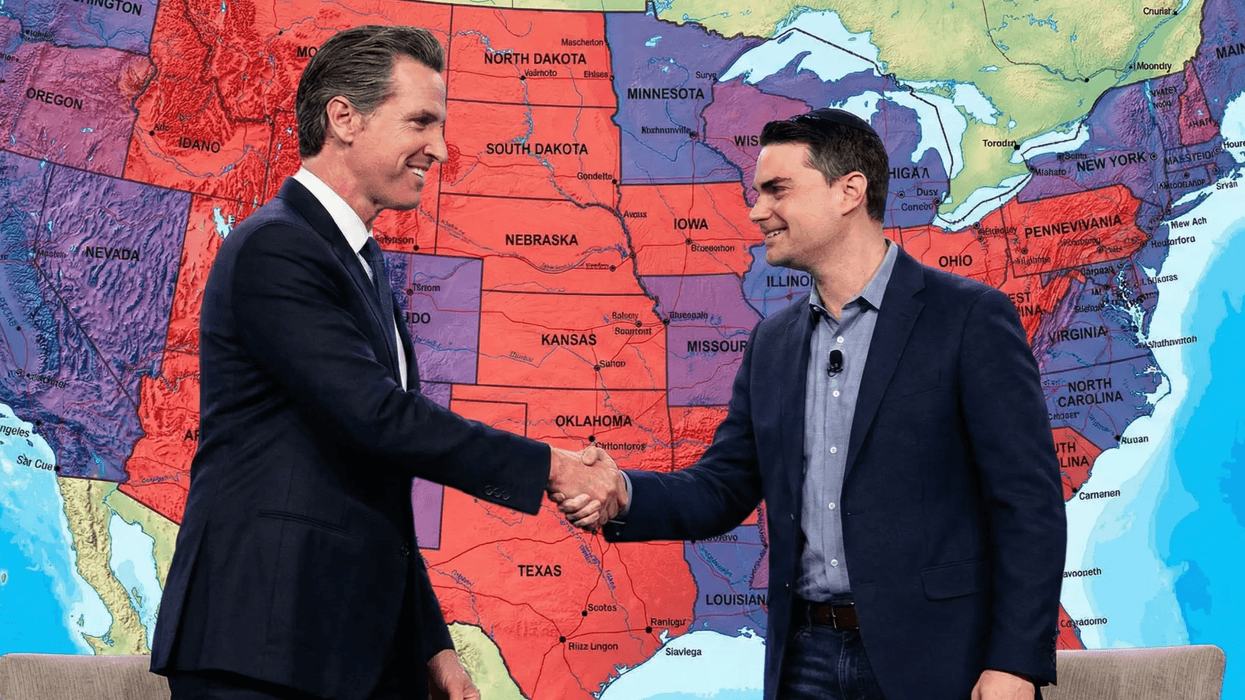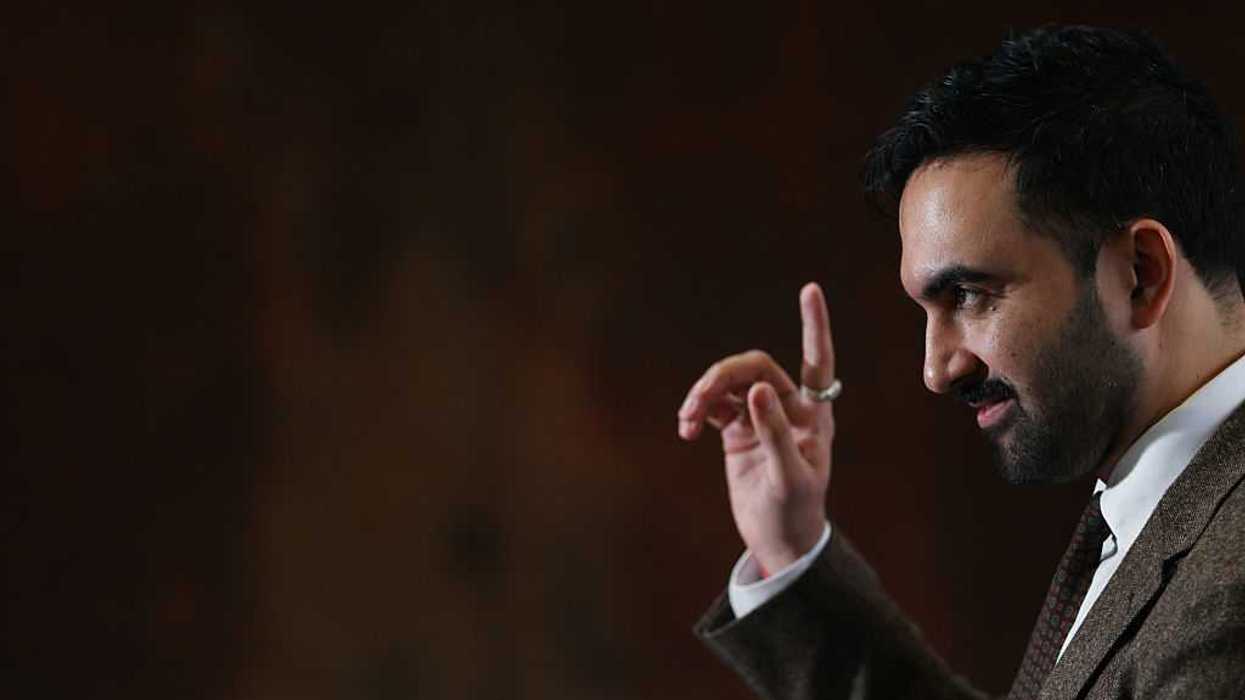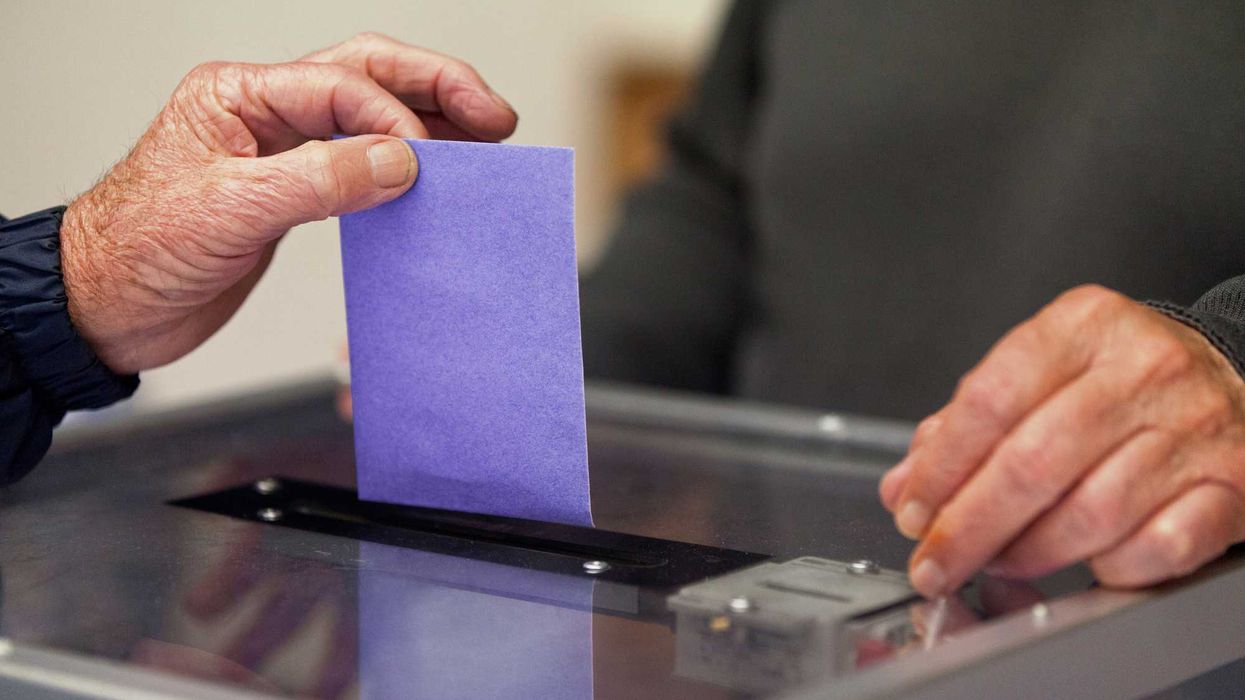Johnson is a United Methodist pastor, the author of "Holding Up Your Corner: Talking About Race in Your Community" and program director for the Bridge Alliance, which houses The Fulcrum.
As the 2024 presidential campaigns speed toward November, we face a transformative moment for our nation. The challenges of recent years have starkly revealed the deep divisions that threaten our societal fabric. Yet, amidst the discord, we are presented with a pivotal choice: Will we yield to the allure of division, or will we summon the courage to transcend our differences and shape a future founded on common cause and mutual respect?
The answer to this question lies in acknowledging a profound truth that has been the wellspring of our nation's resilience since its inception: Our ability to find common cause in the face of adversity is the key to unlocking our true potential as a people. Building together is not merely a matter of grudgingly tolerating diverse viewpoints; it is a powerful affirmation of our shared humanity, a defiant declaration that the inherent dignity residing within every individual shall not diminish due to the differences that superficially divide us.
The cause of building together is not naive idealism, a Pollyannaish belief that we can relinquish the real tensions among us. Our differences are the inevitable result of America's vibrant diversity, the varied threads that weave together to form our nation's rich tapestry. To build together, we must first acknowledge this reality, validating the experiences, fears and concerns that shape the perspectives of our fellow citizens. Only by creating a space where every voice rings out clearly can we address the valid grievances on all sides of the divides that separate us and find common ground in our shared humanity.
At the heart of our mission is the understanding that those we may differ with are not opponents, but allies in a shared cause — democracy. Driven by the same core desires — a yearning for respect, dignity and a better future for ourselves and our loved ones. It is this collective purpose, this mutual respect, that we must nurture to bridge the gaps that divide us and construct a nation that embodies our highest ideals.
Navigating this electoral season and ongoing work of our democratic republic demands courage to truly listen and understand, even when it challenges our deeply held beliefs. It requires empathy — the ability to see the world through our neighbors' eyes and walk in their shoes. It demands openness — a willingness to share our stories, struggles, and victories — to find common ground in our shared humanity. These are the building blocks of a nation united not by uniformity of thought, but by a shared commitment to the principles of justice, compassion and equality on which our country was built.
The task is daunting, and the journey is long and challenging. Yet it is the only path forward, the sole means by which we can hope to create a world that reflects the very best of who we are and aspire to be. Standing on the precipice of the 2024 presidential election, may we faithfully engage ourselves to this sacred work. Each of us should pledge to listen with open hearts and minds and to seek understanding even in the face of disagreement. Attentive to valid concerns on all sides, ever seeking to find common ground or humanity in one another.
The imperative to unify in the face of adversity is before us. Living up to such a responsibility serves as a testament to the indomitable strength of the human spirit. However, the choice is ours: We can allow the forces of division to pull us asunder, or we, as active participants in this societal transformation, can rise above our differences and construct a future rooted in mutual respect and a shared sense of purpose.
Building together is indeed a challenging charge to keep. It requires patience, perseverance, and faith in ourselves and each other. I understand it's not easy, but it is the only path to a world that mirrors the love and justice at the heart of our highest ideals. Each of us must commit ourselves to this sacred work, my friends. I pray that we find hope and strength in our shared humanity to navigate these trying times, overcome the barriers that divide us and build a nation that reflects the best of us. Doing so will ensure a brighter future for ourselves and those who come after us.




















Trump & Hegseth gave Mark Kelly a huge 2028 gift